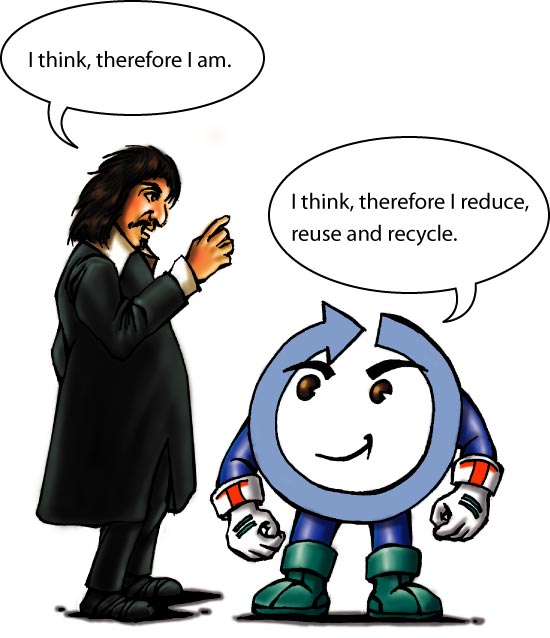I had earlier written a post Digi D'Block, an almost paperless office (click "BACK" button to get back to this page). Looks like I was taken only on an incomplete tour of the D'House (D'Block). In my first post on the D'House, someone wrote a long comment, questioning the success of such open office. I was hoping that someone from Digi would respond, but no response was forthcoming, so the reason for this second post, which is a kind of response to the comment.
Reporters of the Star: D'House surprise, ALLAN KOAY, and another Work form anywhere were probably taken on a more comprehensive tour of D'House, got more detailed briefings and wrote more detailed reports on it.
Allan was taken to see one of the heads of the company. He wrote:"If I hadn’t been told that he’s one of the heads of the company, I wouldn’t have known. He didn’t have a high-back chair or a larger computer screen. In fact, everyone has the same working space, the same kind of chair, the same kind of table (sometimes shared by three or four persons), the same kind of computer. No one person stands out. Yet, each and every person gets to do his or her own thing, so to speak. They can sit anywhere; yes, even in the cafeteria or rest areas (otherwise known in more hip terms as “chill areas. It’s not unusual to see employees sitting in the lounge area, enjoying the open air and the sound of the waterfall in the background, pastry and coffee next to them, and a notebook or laptop in front of them. Which brought me to my second question: “How does anyone get any work done?”
They don’t know, said the staff, things just somehow get done. The meeting rooms, too, are very creatively named – Caribbean, Trinidad, Tobago, Sipadan, Koh Samui. Paradise islands. Noticed anything. They seemed to be named after holiday spots.
Regarding work, Adzhar Ibrahim, director of human resource development: “It’s a chicken-and-egg situation. Do you trust people first and hope that they return the trust, or do you say, you prove to me that you’re trustworthy and I will trust you? I think our philosophy is that, ‘Hey, you’re a decent person and we will trust you.’ If it becomes a problem, then we’ll deal with it. But surprisingly, I don’t think we’ve had any issues of people running away or not working. You can’t hide. Where are you going to hide? And if you need to read the newspaper, you can go ahead and read it. But on the other hand, if you read the newspaper the whole day, everybody will see. So there is some peer pressure.”
He admitted that the system is not perfect, and there will always be a few who will take advantage of it. He said the decision was whether to have rules that cater to a small minority but inconvenience everyone else, or to have rules for the majority and deal with the minority on a case-by-case basis.
Pomote this post by submitting it to Plant Change
Plant It!
Tuesday, January 16, 2007
Subscribe to:
Post Comments (Atom)

2 comments:
Reminded me of an article I read a few years back with Creative Singapore. They have this open office concept that encourages staff to hang around the office in various conducive work corners. I think it's brilliant! And yes, some trust will be needed on behalf of management. I reckon mutual respect from both sides will keep the system going perfectly.
Interesting concept!
Post a Comment